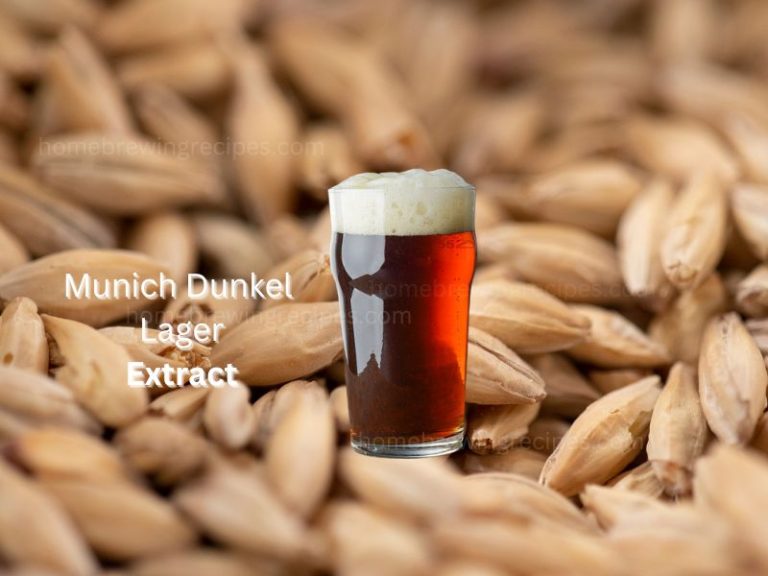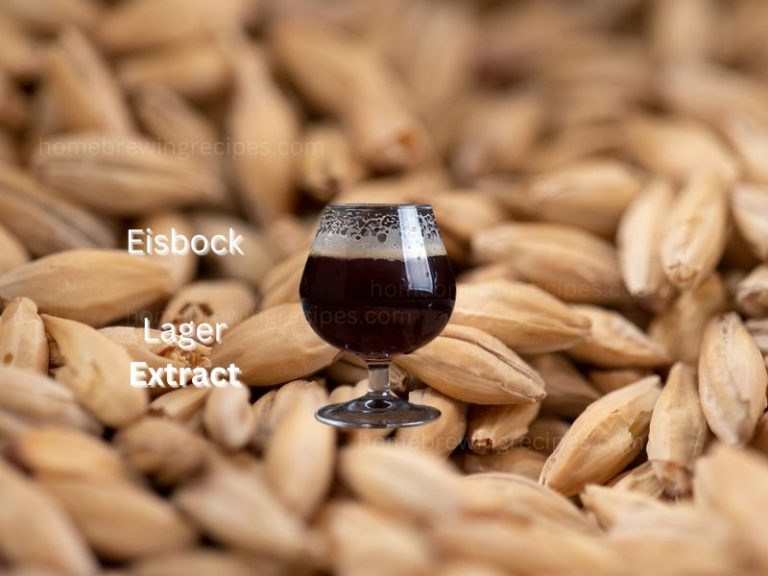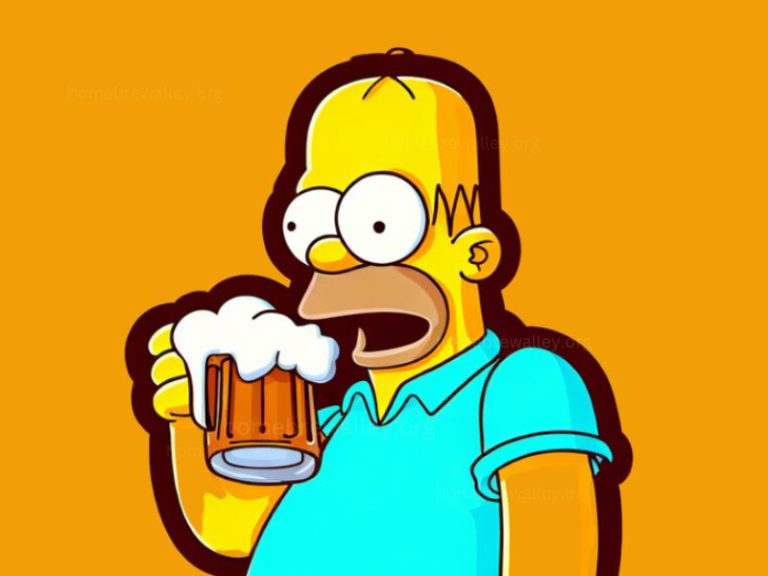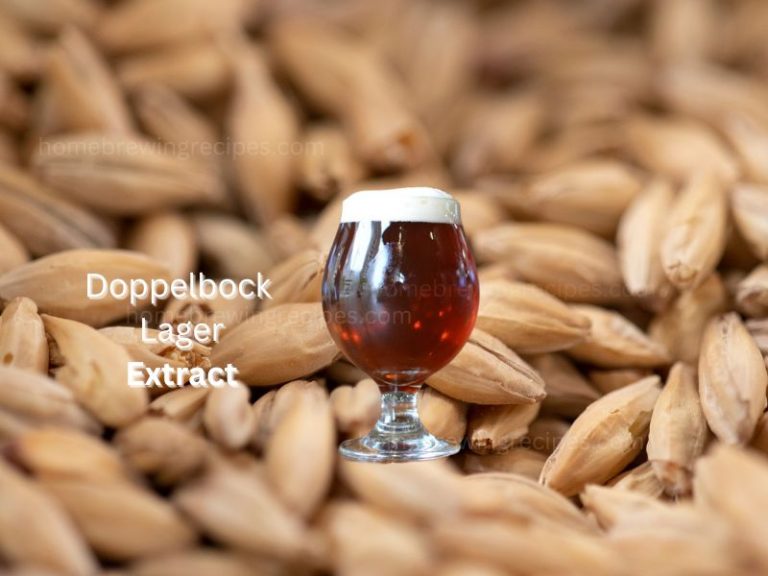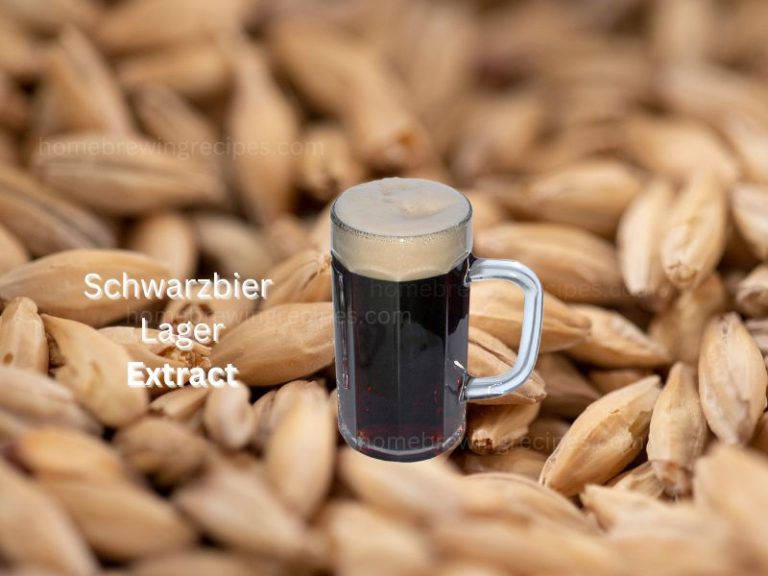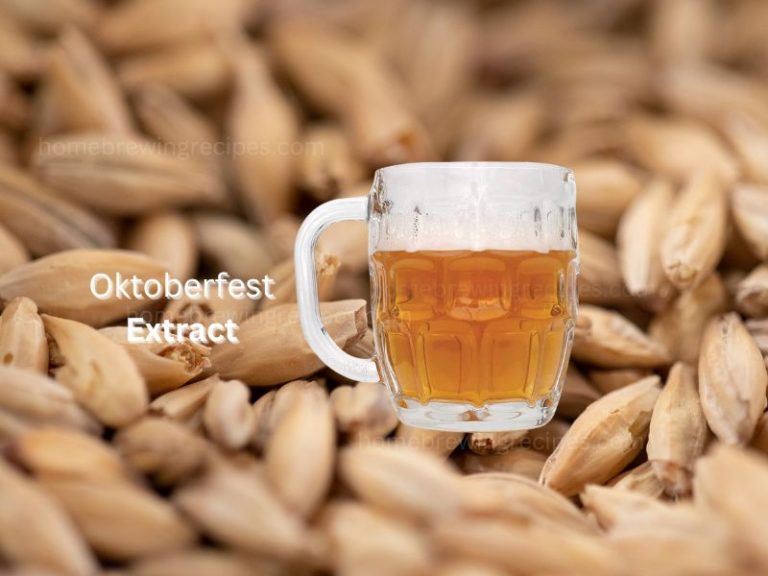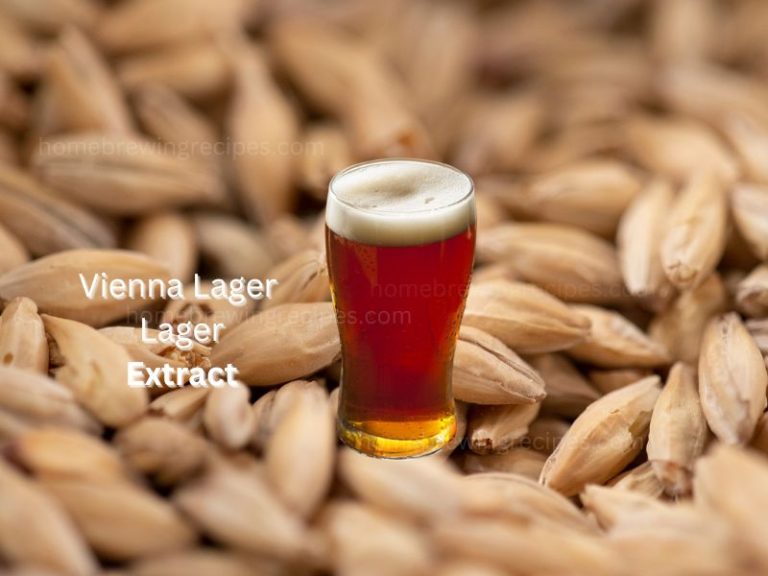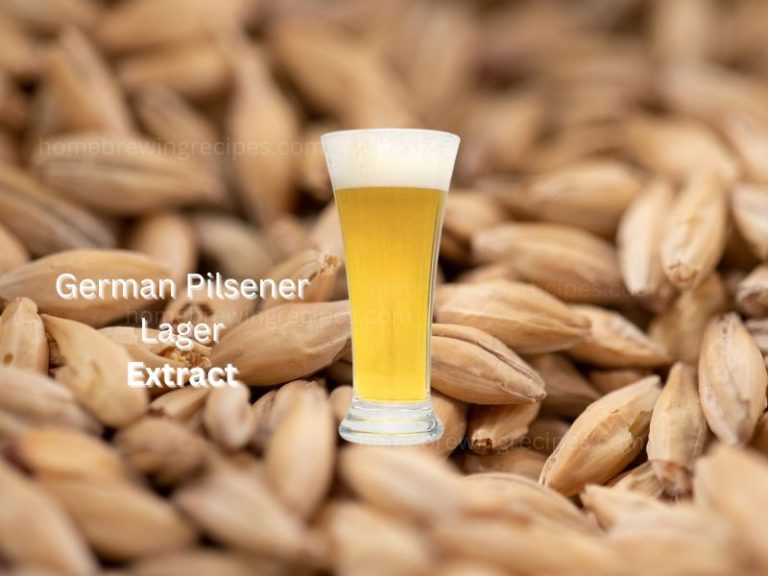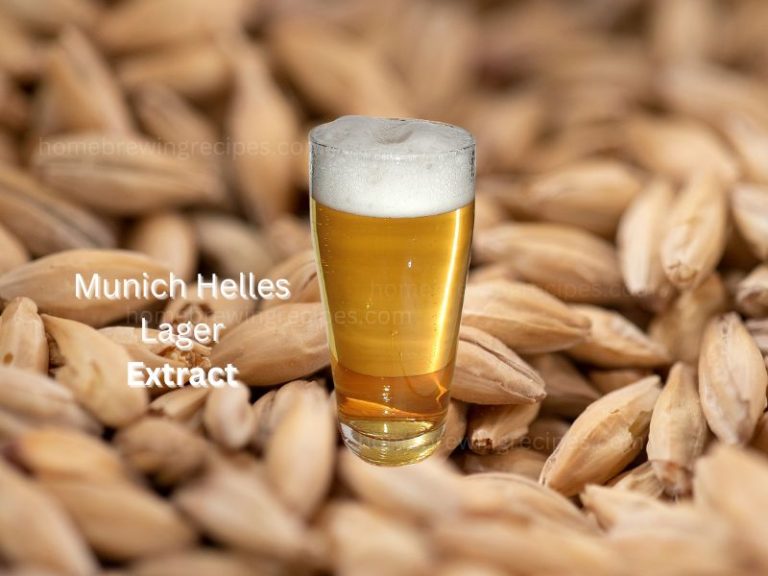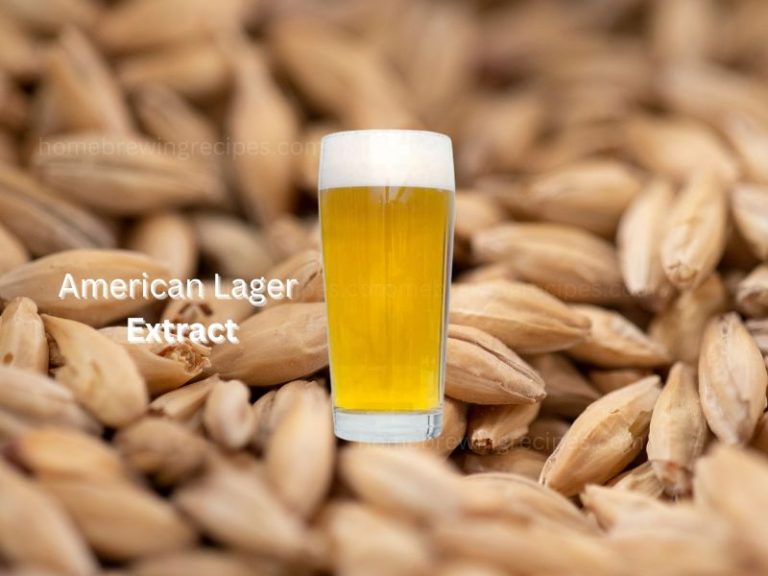Recipe Profile
The Munich Dunkel, is a truly legendary beer style, born from the heart of Bavaria and steeped in rich German brewing traditions. Its history dates back centuries when monks brewed this dark lager to sustain them through fasts (Those clever monks!). With its beautifully deep brown hue, creamy mouthfeel, and balanced malty sweetness that whispers tales of toasted bread, Munich Dunkel is a style I can’t help but return to in my home brewery. I mean, who doesn’t love a good “dark beer from Munich”?
Ingredients:
-
- 6.6 lbs Munich LME (Liquid Malt Extract)
- 1 lb Munich Malt (crushed)
- 0.5 lb Crystal 80L Malt (crushed)
- 1 oz Hallertauer Hops (bittering hops)
- 1 oz Hallertauer Hops (finishing hops)
- 1 pack of Wyeast 2308 Munich Lager Yeast
- 3/4 cup priming sugar for bottling
Instructions
- Begin by placing your crushed Munich and Crystal 80L malts into a muslin bag.
- In a large pot, bring 2.5 gallons of water to a temperature of 150-155°F.
- Steep your grains in the heated water for 30 minutes.
- Remove the grains from the pot, add your Munich LME, and bring the mixture to a rolling boil.
- Add the bittering Hallertauer hops to a boil and let them work for 60 minutes.
- With 15 minutes remaining in the boil, add the finishing Hallertauer hops.
- After the boil, cool the wort quickly to 65-75°F using an ice bath.
- Transfer the cooled wort to your fermenter, and top up with water to reach a total volume of 5 gallons.
- Pitch the Wyeast 2308 Munich Lager Yeast into your fermenter and seal it up.
- Maintain a consistent fermentation temperature of about 50°F for two weeks.
- Once primary fermentation is complete, raise the temperature to 65°F for a 48-hour diacetyl rest to eliminate any buttery off-flavors.
- Lower the temperature to around 35°F and allow the beer to lager for 4-6 weeks.
- Bottle your beer with priming sugar, and then let the bottles sit until the beer is carbonated and ready to drink.
Stats:
-
- Average OG: 1.048 – 1.056
- Average FG: 1.010 – 1.016
- Average ABV: 4.5% – 6.0%
- Average IBUs: 18-28
- Average SRM: 14-28
Munich Dunkel brewing primarily focuses on extracting that deep, complex malt flavor. We’re talking about a blend of toasty, bread-crust-like notes with hints of chocolate and a slight sweetness. Hence, the choice of Munich malt in the grist. However, balance is key in a Munich Dunkel. We don’t want it to be a malt bomb, so we use noble hops like Hallertauer for bitterness, to prevent it from becoming overly sweet.
The traditional lagering process is also critical in brewing this style. Fermenting at lower temperatures and the diacetyl rest ensure a smooth, clean beer with minimal off-flavors and a well-rounded profile. Patience is your best friend when lagering, letting all the flavors develop and harmonize beautifully.
Wyeast 2308 Munich Lager Yeast is my trusty comrade for this recipe. It’s a stellar choice for Bavarian-style lagers, producing a well-balanced, smooth, and crisp beer. This yeast strain ferments cleanly and emphasizes the rich, malty profile of the Munich Dunkel, just as the beer gods intended.
Did you know that the term ‘Dunkel’ is German for ‘dark’? But not all dark beers in Germany are Dunkels. No sir, the Dunkel style specifically refers to dark lagers, and Munich Dunkel was the most popular beer in Bavaria until the late 19th century when those pale lagers started stealing the limelight.
Some well-known commercial versions of Munich Dunkel include Ayinger Altbairisch Dunkel, Hofbräu Dunkel, and Spaten Dunkel. If you’re feeling adventurous, go grab one (or all!) of them to compare your homebrew with the pros’ offerings.
After a few weeks of lagering, your Munich Dunkel will be a malt lover’s delight, featuring notes of toasted bread, subtle chocolate, and caramel. Despite its rich flavors, it finishes crisp and moderately dry, making it highly drinkable. Aging? Sure, you can let it sit for a few months for a more rounded flavor, but honestly, it’s so delicious fresh, you might struggle with the wait!
And that’s it! Enjoy the fruits of your labor, fellow brewer, and remember, “In heaven there is no beer…That’s why we drink ours here!” Prost!
© 2023 by homebrewingrecipes.com. All rights reserved. No part of this document may be reproduced or transmitted in any form or by any means, electronic, mechanical, photocopying, recording, or otherwise, without prior written permission of homebrewingrecipes.com.
